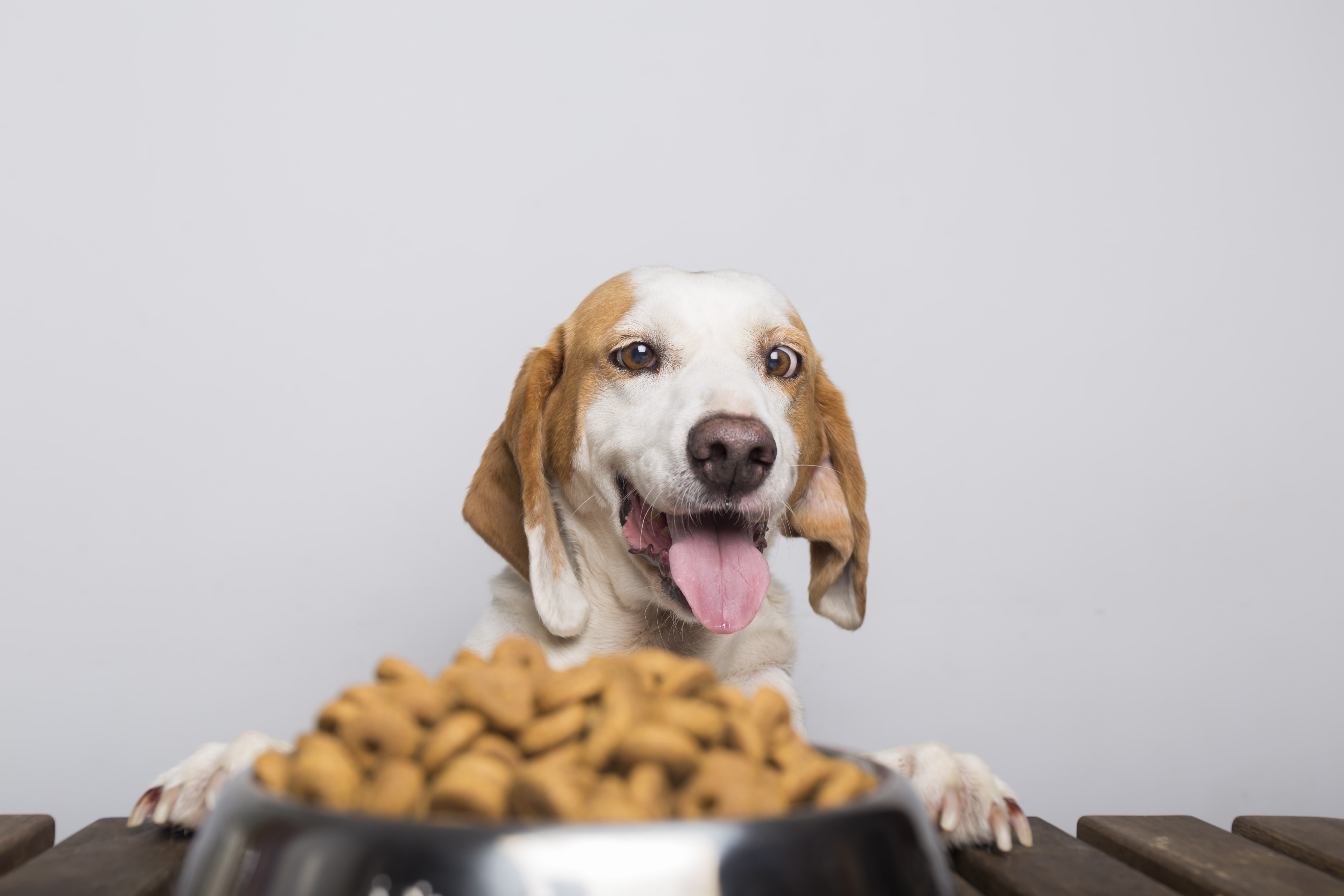A Comprehensive Guide to Pet Nutrition

Owning a pet comes with significant responsibilities, akin to caring for a small child. Pet owners must attend to their pets' nutrition, cleanliness, engage in playtime, and provide ample love and attention. It is common for pet owners to make the mistake of feeding their animals leftovers from human meals, which can be harmful due to the presence of certain minerals and substances that may adversely affect the pet's health. When acquiring a pet, it is essential to ensure the appropriate type and quantity of food. This article will discuss suitable food types for various pets.
Pet Food Overview:
Pet food, often sold as dry kibble in pet stores, supermarkets, and veterinary clinics, varies depending on the type of animal. It provides a complete and nutritious meal containing the four essential nutritional groups: fats, minerals, proteins, and vitamins. Below are suitable food types for some of the most common pets:
Dog Food:
Feeding dogs requires careful consideration to ensure their health and well-being. Here are some essential points to follow:
- Train dogs from a young age not to accept food from strangers, protecting them from potential poisoning during theft.
- Discourage dogs from consuming table scraps to prevent stomach irritation and discomfort.
- Feed dogs at regular intervals, discouraging them from snacking between meals.
- If you have multiple dogs, provide each with its water and food bowl to prevent conflict during feeding times.
- Three main types of dog food are available: dry kibble, canned food, and homemade meals.
- Dry Kibble: Contains essential nutrients like proteins, fats, carbohydrates, and minerals. However, some may contain artificial additives harmful in the long term.
- Canned Food: Offers health benefits and ease of serving but may be more expensive.
- Homemade Meals: Provide a more personal connection between the dog and the owner. Suitable ingredients include lean meats, poultry, fish, vegetables, and dairy, excluding foods like chocolate, onions, and spices, which are harmful to dogs.
Cat Food:
Cats, often perceived as adaptable eaters, require a balanced diet for their health. Consider the following:
- Rotate between dry and wet cat food to ensure a varied and nutritious diet.
- Choose high-quality commercial cat food rich in proteins, vitamins, and minerals.
- Homemade cat food can consist of cooked lean meats, poultry, fish, and vegetables, avoiding foods toxic to cats like chocolate and onions.
Fish Food:
Fish food is designed to meet the nutritional needs of aquatic pets. Types include:
- Dry Pellets: Float on the water's surface for a certain time, then sink. Suitable for various fish species.
- Flakes: Provide a diverse diet for different fish types.
- Granules: Ideal for smaller fish.
- Frozen or Live Food: Suitable for carnivorous fish and provides essential nutrients.
Bird Food:
Birds have specific dietary requirements, and their food falls into two main categories:
- Natural: Includes seeds, nuts, fruits, and vegetables.
- Commercial Pellets: Nutritionally balanced and avoids selective eating.
Conclusion:
Proper nutrition is crucial for the well-being of pets. Always consult with a veterinarian to determine the most suitable diet for your specific pet's breed, age, and health conditions.
Sources:
- FEEDING AND TREATING TIPS
- Food For Thought: How To Correctly Feed Your Dog & Other Pets
- A healthy guide to feeding pets
- Feeding Your Pet
- The Importance of Feeding Your Pet a Healthy Diet
Read more blogs: